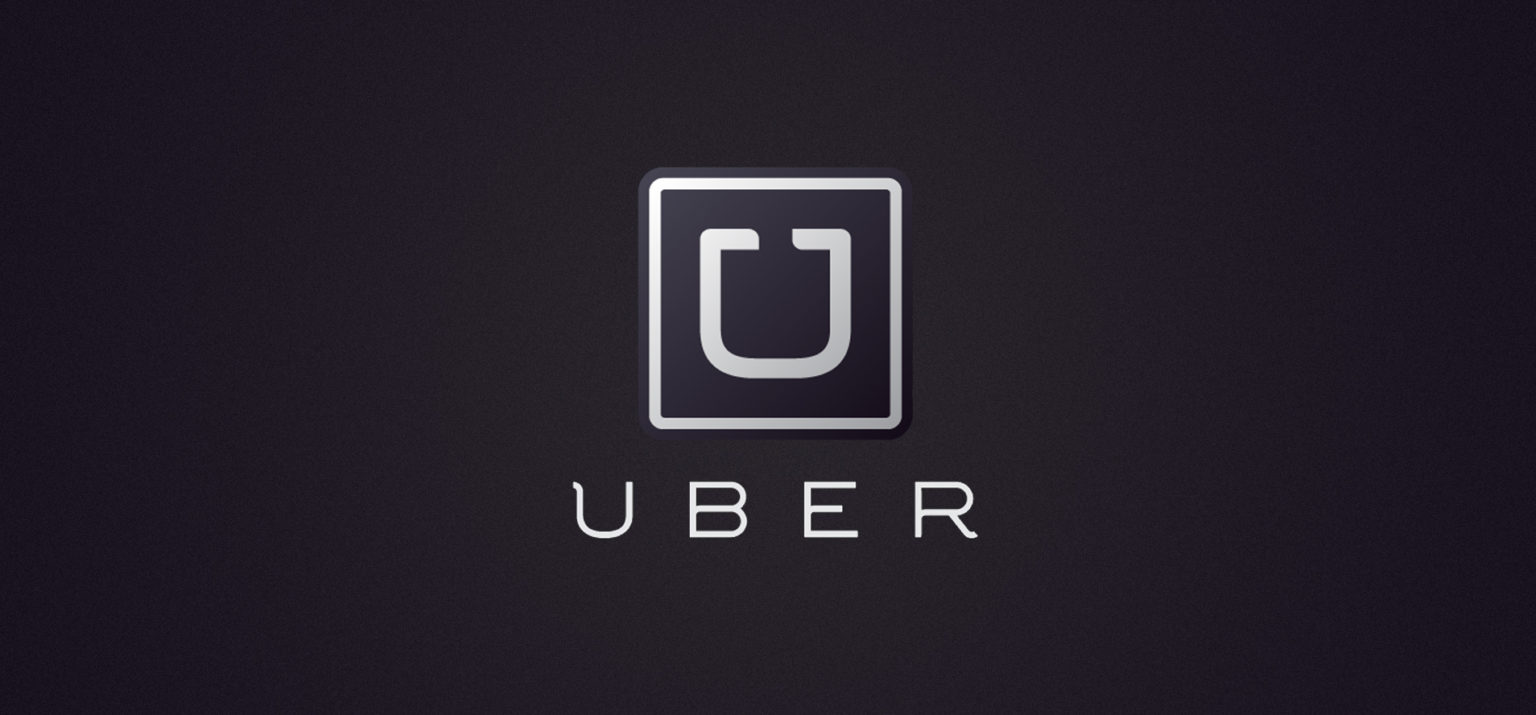
April 22, 2015
How to Deal with Change: Uber as Case Study
« The world hates change, yet it is the only thing that has brought progress. » Charles F. Kettering
Uber, the international company that connects app users with drivers, faces a general ban in Geneva because of absurd administrative rules enacted by the Geneva’s Department of Security and Economy.
Today, companies can react in three different ways to the fundamental changes affecting the economy:
- Imitation: repeat content and ignore the customers’ real expectations;
- Conservatism: state rules without taking into account the changing environment;
- Deep change: question and rebuild one’s economic model with innovative tools such as the Business Model Generation.
From Enigma’s perspective, the ban of Uber is a rejection of innovation, development, and novelty. In short: a rejection of progress.
Indeed, Uber represents a new economic model, called “ disruptive model ”, which is at the core of Enigma’s strategy since its establishment.
This matrix focuses on the true center of the economy: users. It must remain flexible and adopt an agile model, in order to adapt to the users’ demands.
This remarkable adaptability allows the company to satisfy the wishes of its customers and to integrate a perpetual evolution cycle to its operating system.
Since its creation in 2008, Enigma constantly strives to satisfy its customers and to improve its tools.
Together, let’s support innovation and progress by voting to save Uber in Geneva: